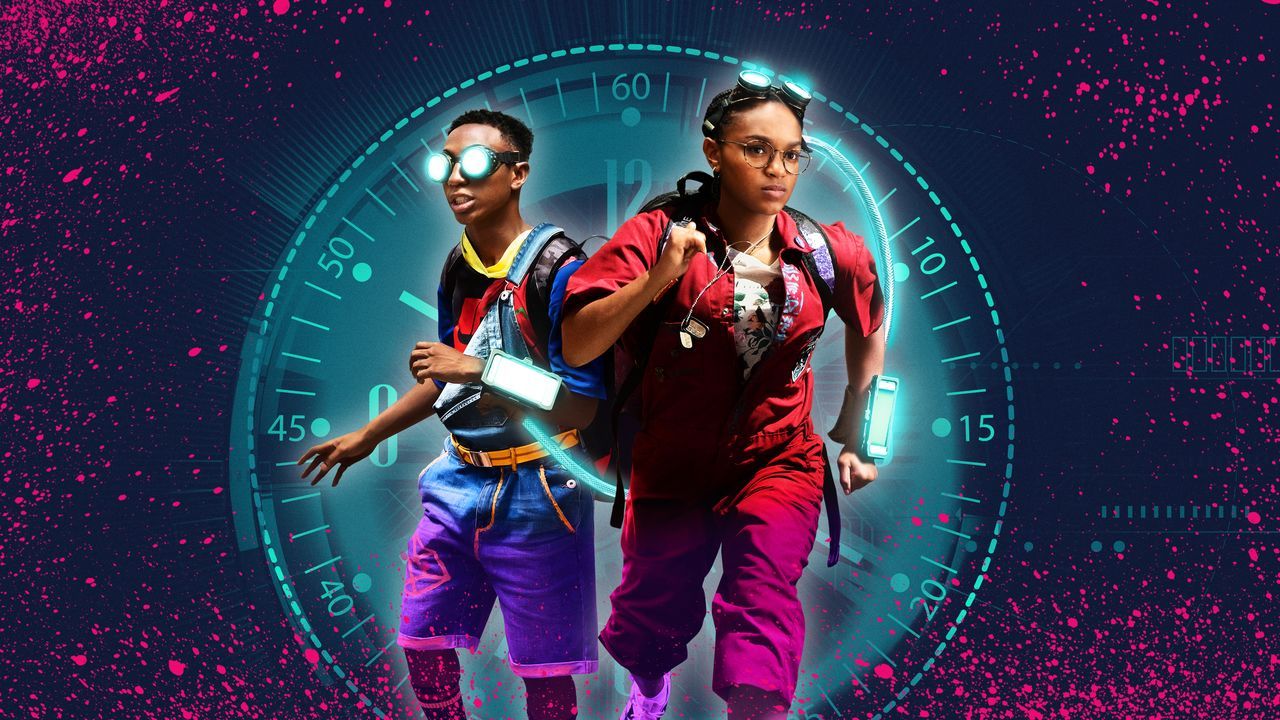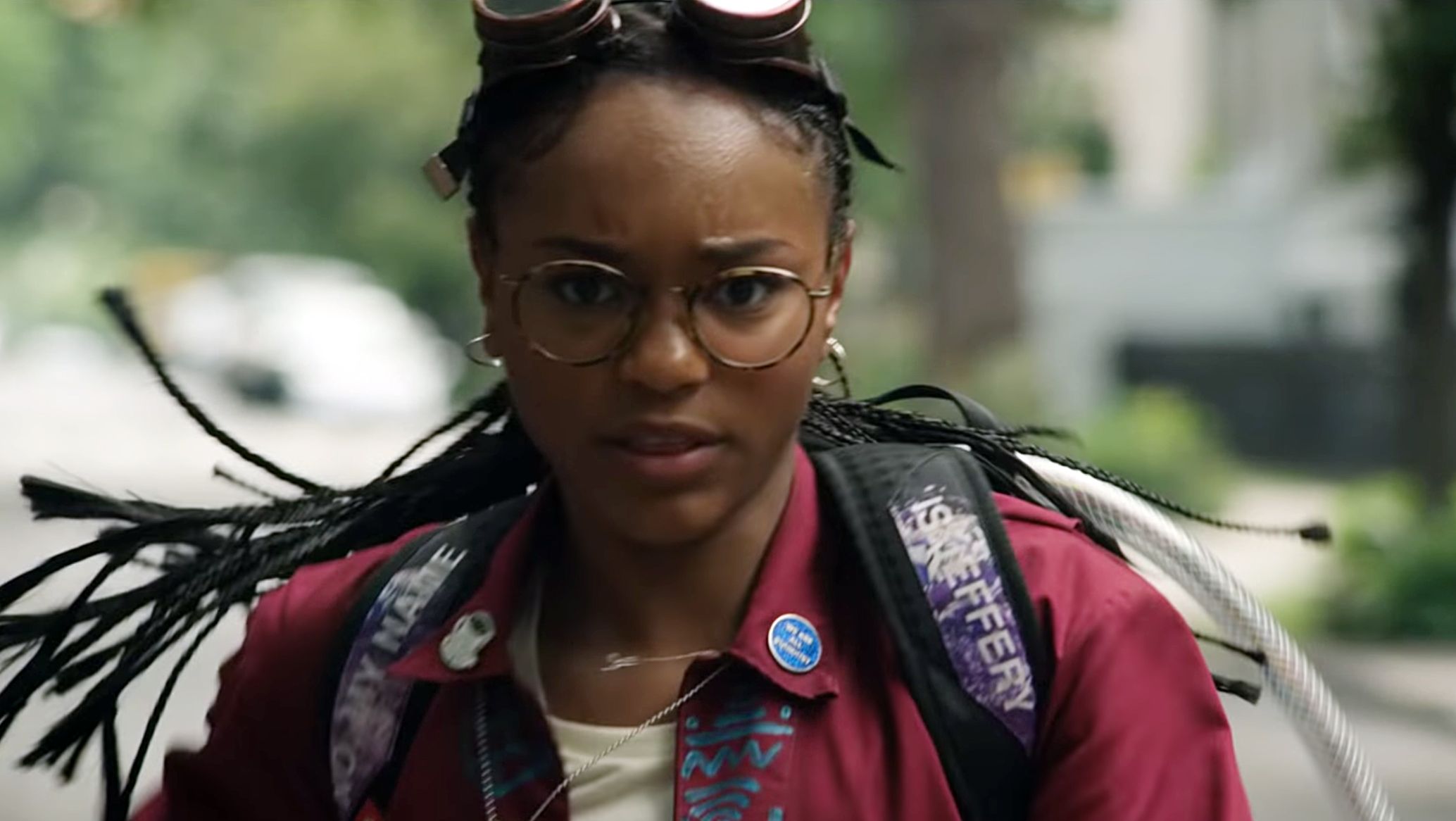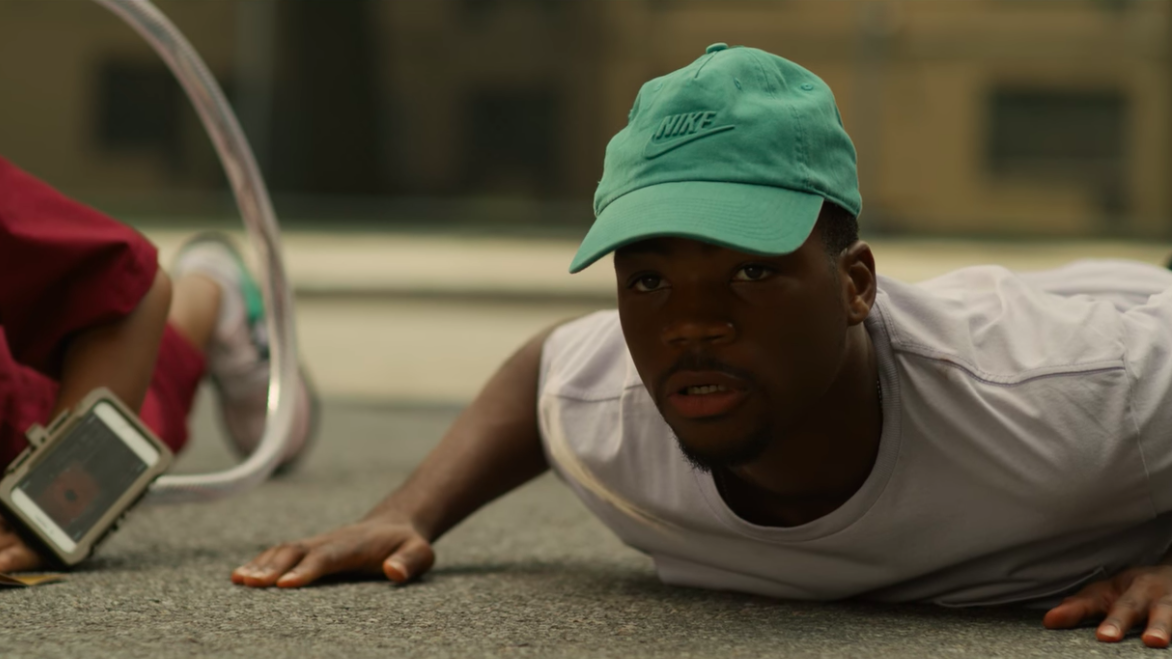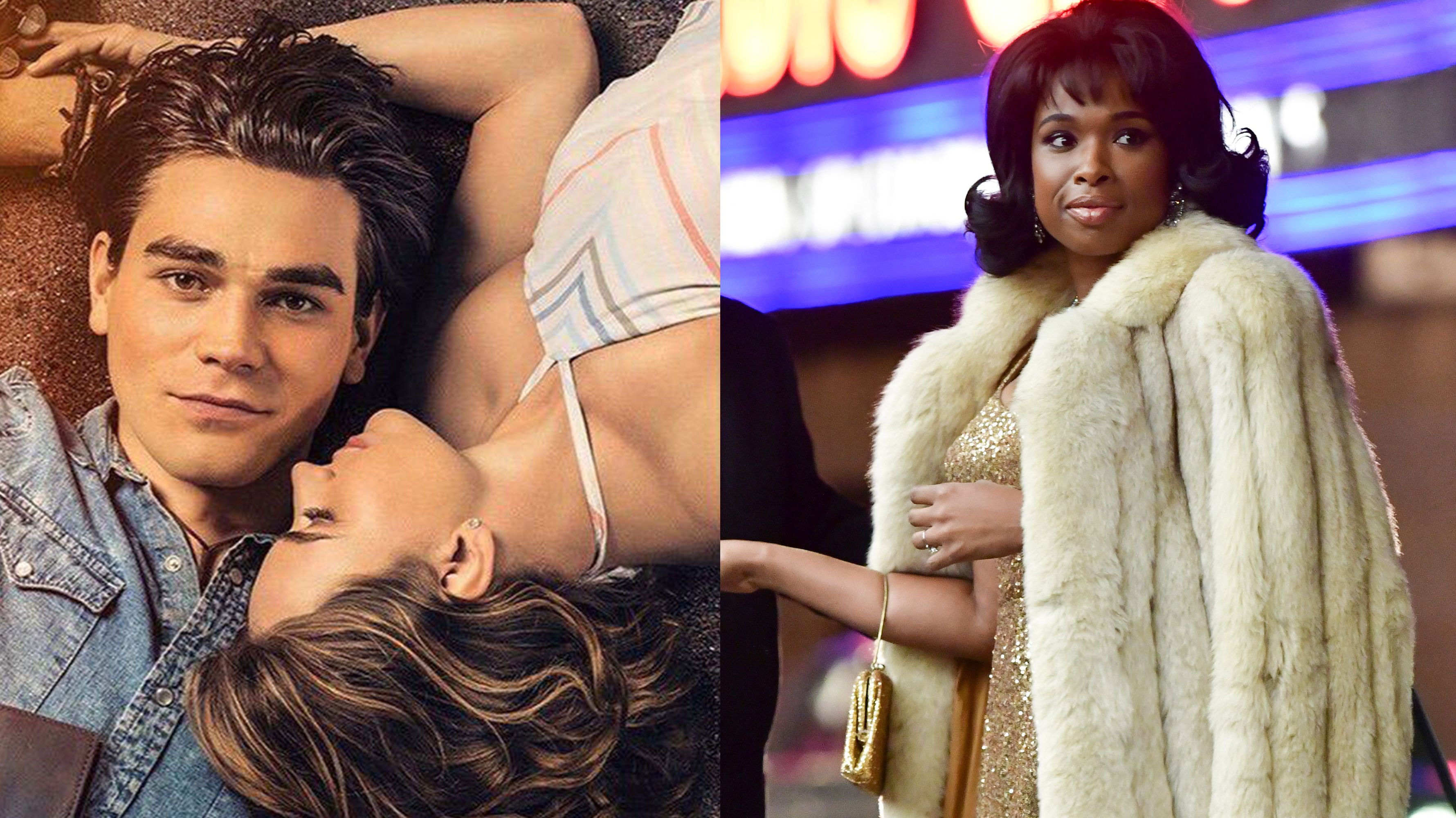What Does 'See You Yesterday's Ending Mean? The Netflix Film Ended Abruptly
Gotta love a good cliffhanger.


Spoilers for Netflix's See You Yesterday ahead. The love-hate relationship between moviegoers and cliffhangers is an unbreakable tradition. A cliffhanger ending either sparks hope for a sequel, or forces frustrated viewers to make up their own ribbon-tied ending to the film. If you've watched Netflix's See You Yesterday, you've experienced both.
Produced by Spike Lee, See You Yesterday tells the story of two brainiac high schoolers in New York, Claudette "CJ" Walker (Eden Duncan Smith) and Sebastian Thomas (Dante Crichlow), who develop the technology to time travel. But on July 4, their guaranteed ticket out of the Bronx and into a top-tier school becomes CJ's only hope at saving her brother Calvin (Astro) from being shot and killed by a police officer in a case of mistaken identity. It's basically a modern-day Back to the Future.
The first time CJ and Sebastian travel back in time, they attempt, but fail, to stop Calvin from being shot. The second time they go back, CJ saves her brother but looses Sebastian. The third time she prevents Sebastian's death but still loses her brother. And by now, Sebastian is fed up and refuses to time travel anymore.
That's when CJ grabs her backpack, flips down her goggles and poofs herself back in time. As she runs down the street, the camera pans up slowly from her feet, to her face and closer into her panicked eyes and look of determination. End scene. That's where the movie stops. If you're like me and you can't live with that uncertainty, here are a few things that might help.
The ending is purposefully vague.
In an interview with Decider, Director Stefon Bristol says he purposely left the ending up to interpretation. He wanted viewers to come to their own conclusion. “I didn’t want the film to be wrapped up in a bow. I didn’t give a clear answer about what happened, or let you know if the brother died or not,” he said.
And according to Bristol, a sequel is not and will not be in the works. "Making another movie. I personally like when a story ends. And that’s all I’m gonna say!” he said.

It's a social commentary on our country's past and present.
“Often times when you have a tragic movie with a happy ending, people are like, ‘Well, all’s well that ends well.’ I don’t want that. I want the audience to be uncomfortable," Bristol said.. "I want the audience to have their own interpretation of what’s happening with our country.”
Get exclusive access to fashion and beauty trends, hot-off-the-press celebrity news, and more.
According to an analysis of FBI data by Vox, US police kill black people at disproportionate rates. "Black people accounted for 31 percent of police killing victims in 2012, even though they made up just 13 percent of the US population," according to Vox. And in 2018, according to Mapping Police Violence, police killed 1,147 people in 2017. Black people were 25 percent of those killed despite being only 13 percent of the population.

Oftentimes these killings are the result of implicit bias, something as simple and harmful as the mistaken identity depicted in See You Yesterday. The Washington Post documented 990 fatal shootings by police officers in 2015, 93 of which involved unarmed victims, and Black men accounted for about 40 percent of those. The Post reported that “the only thing that was significant in predicting whether someone shot and killed by police was unarmed was whether or not they were black.”
CJ's struggle to change her past represents our struggle as a country to change ours — to change our history of racism, prejudiced and violence. And it foreshadows the inevitable cycle that we will be thrust into if we don't make a better effort to change.
But even more so, the movie is a commentary on the future.
It's a red herring. The entire movie, CJ and the audience are so focused on the past—on whether or not she'll be able to jump back in time and save her brother's life—that we ignore the possibility of the future.
While the film critiques our past and present mistakes, it also signals an important fact about our future: We have one, and it's up to us. As much as Bristol didn't want to tie a bow on things, here's one anyway. Every time CJ jumps back and changes the past, no matter the result, she is always presented with the future. One that she may not want or like. But it's always one that she can control or change. And so can we.
Stream "See You Yesterday" on Netflix
For more stories like this, including celebrity news, beauty and fashion advice, savvy political commentary, and fascinating features, sign up for the Marie Claire newsletter.
RELATED STORIES



Alexis Jones is an assistant editor at Women's Health where she writes across several verticals on WomensHealthmag.com, including life, health, sex and love, relationships and fitness, while also contributing to the print magazine. She has a master’s degree in journalism from Syracuse University, lives in Brooklyn, and proudly detests avocados.

